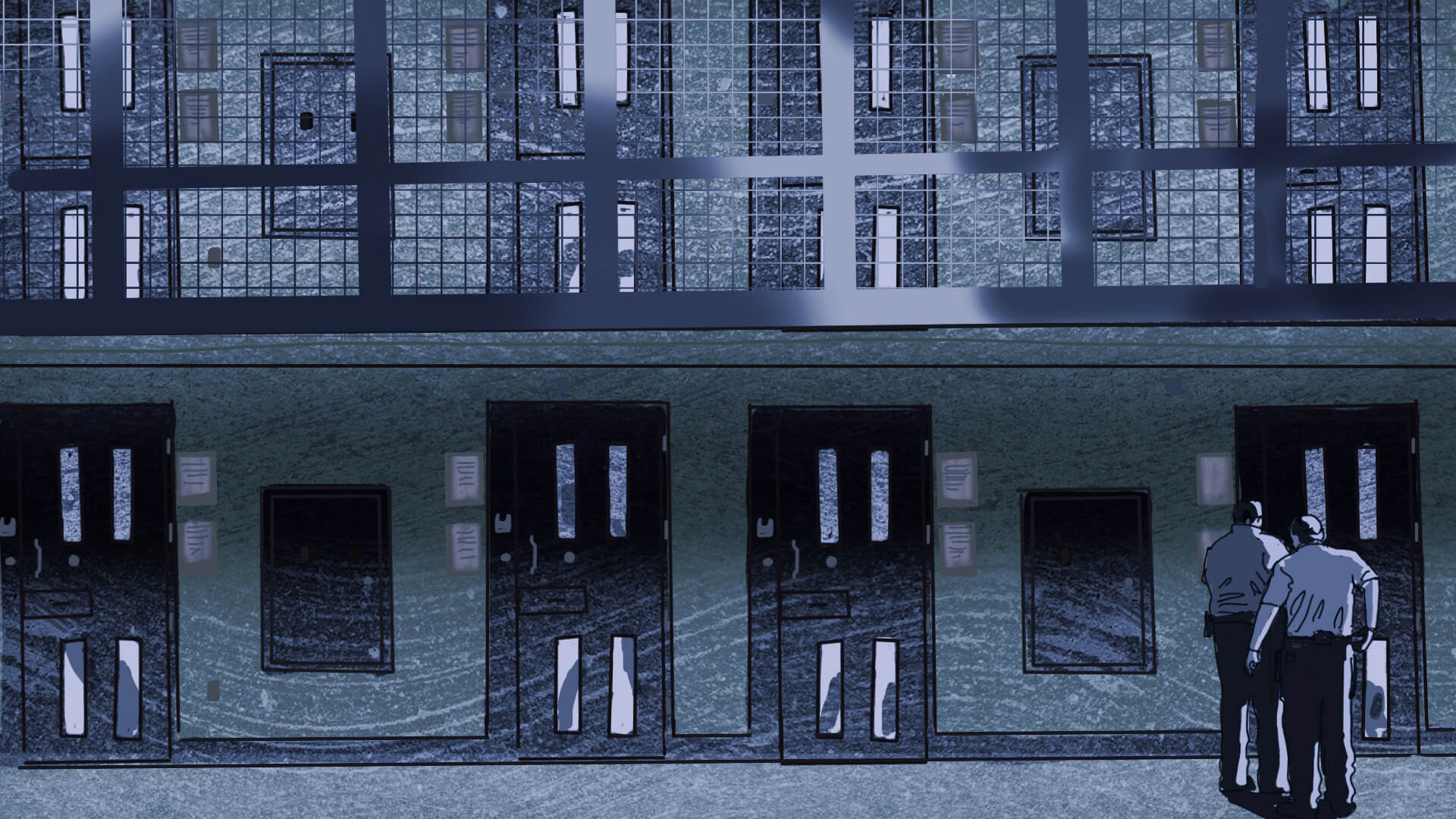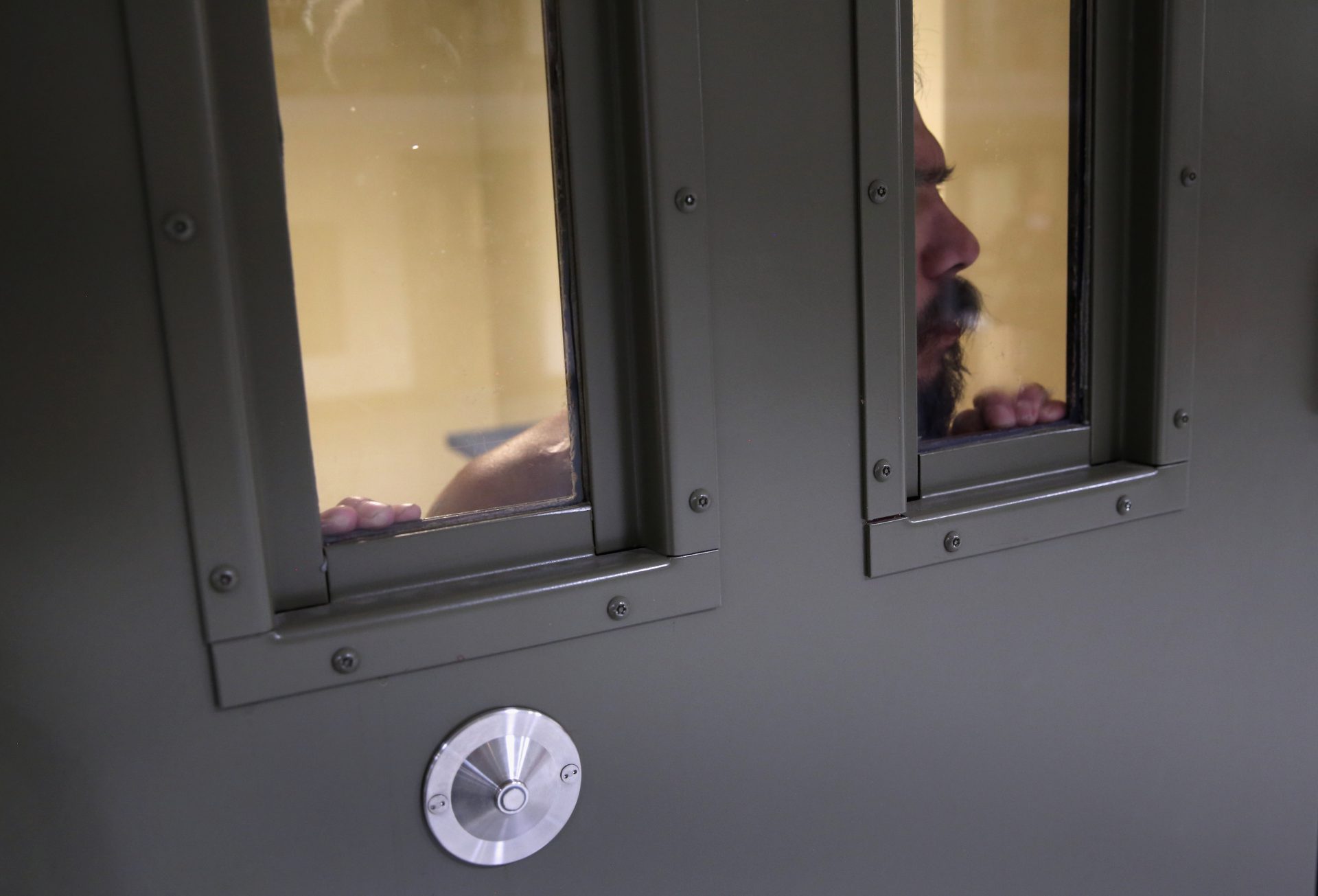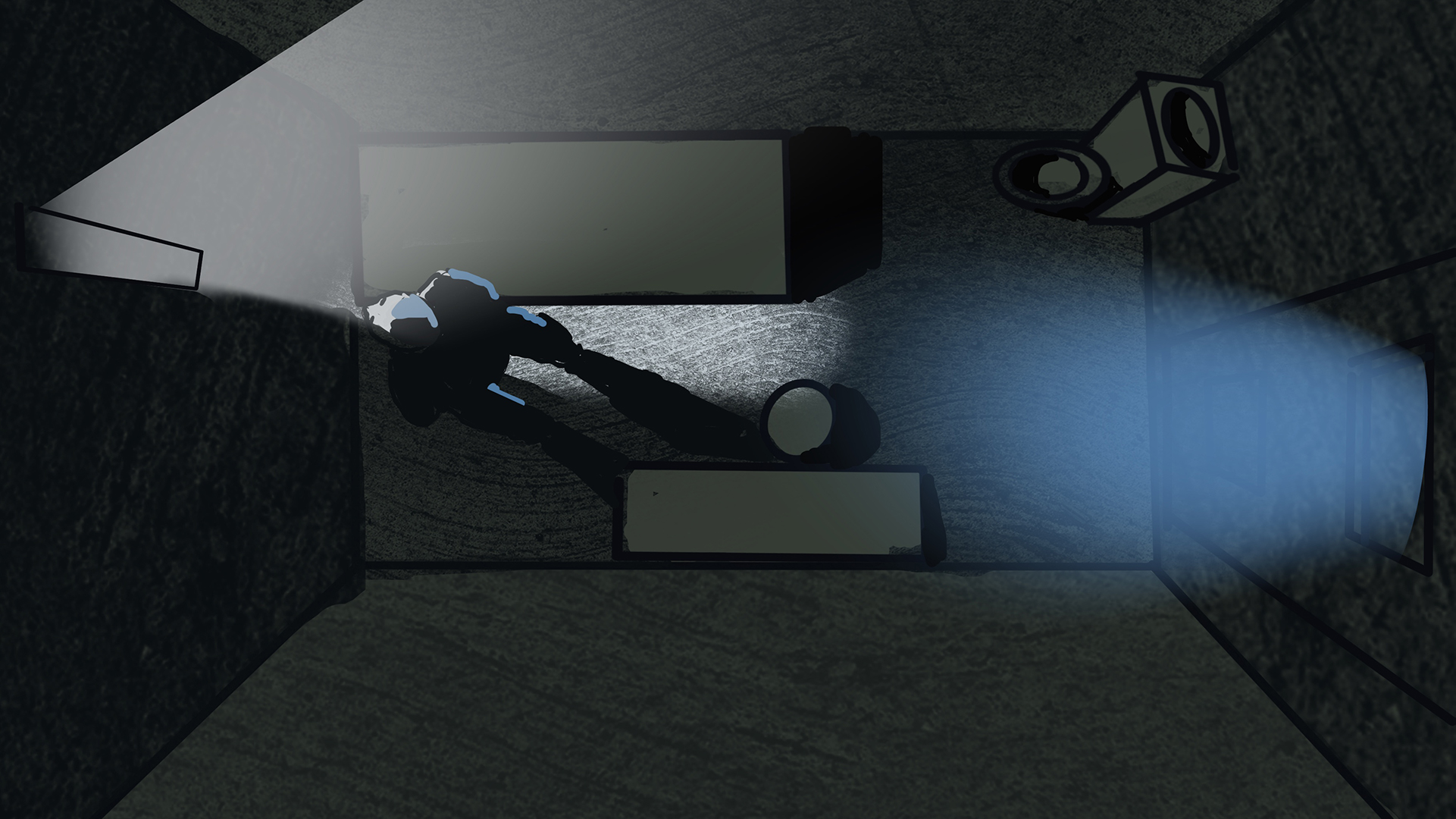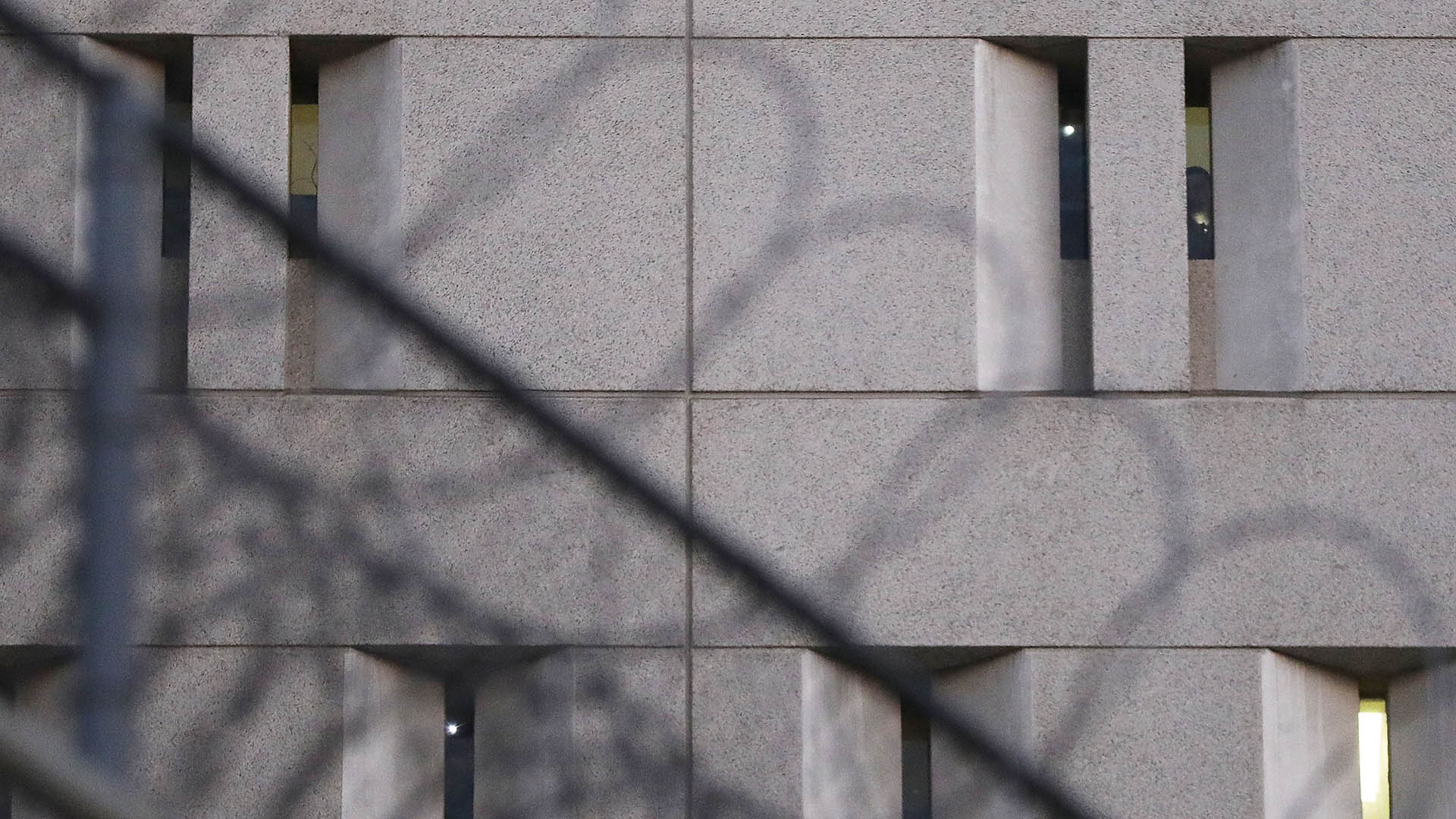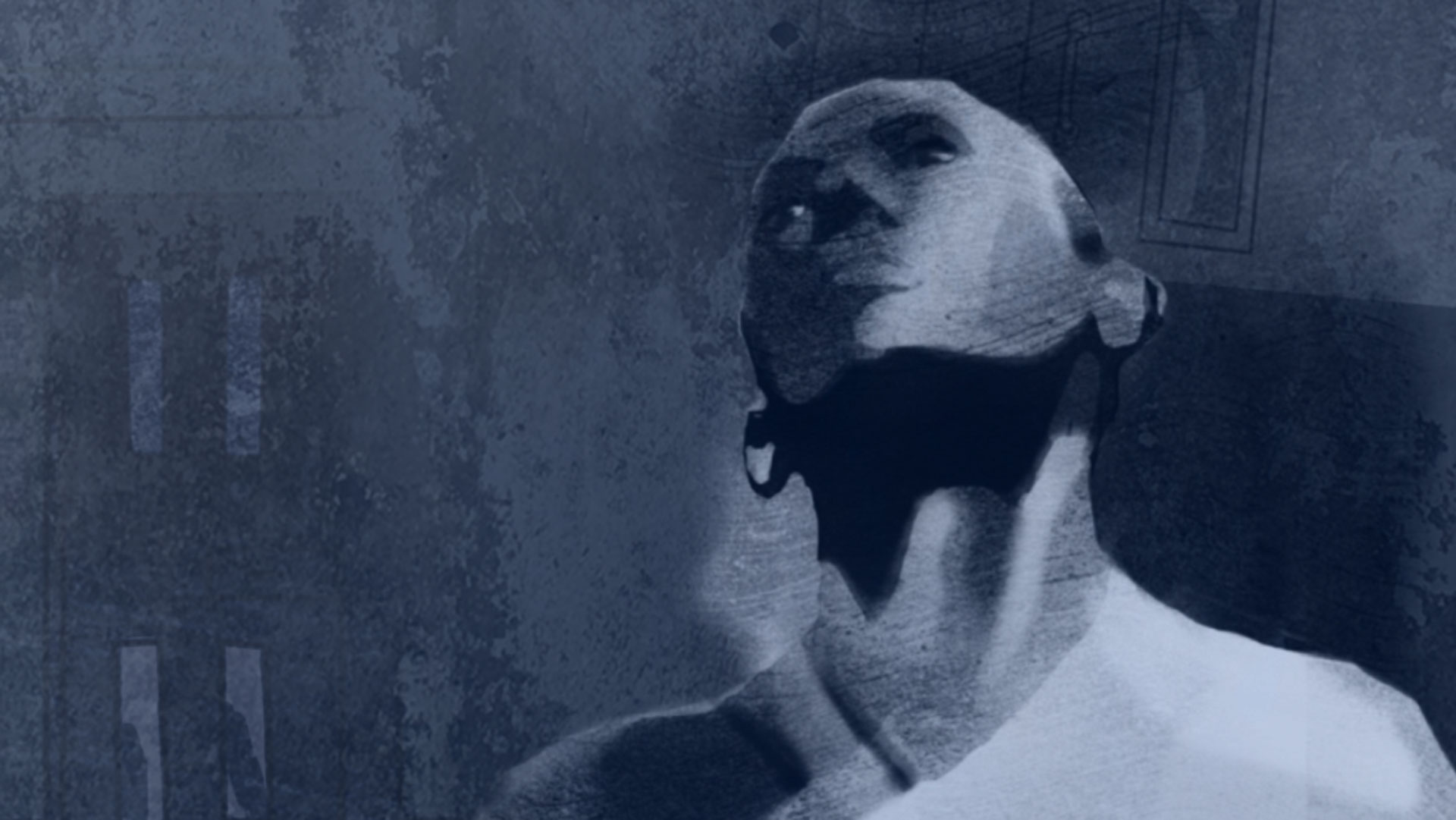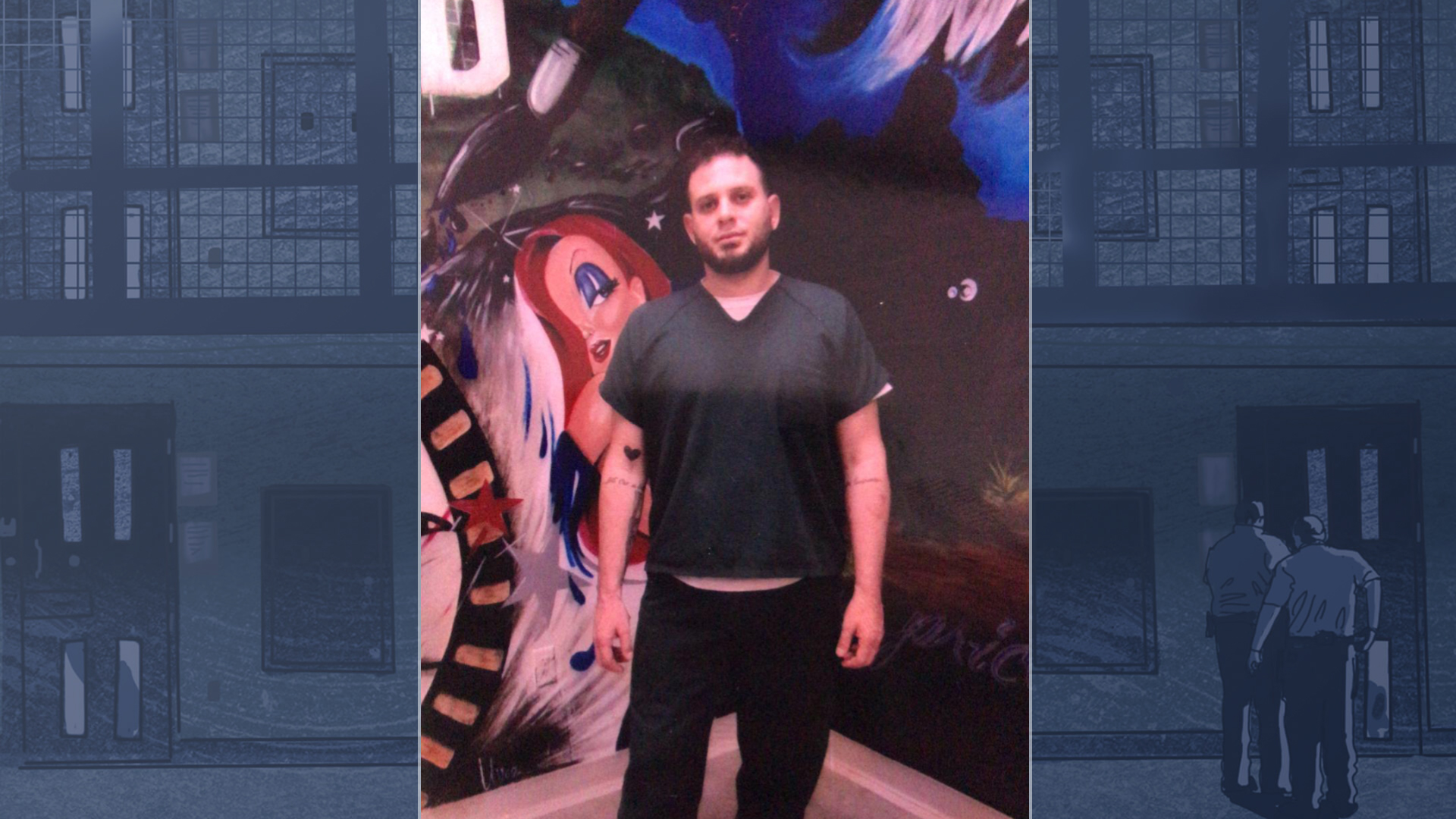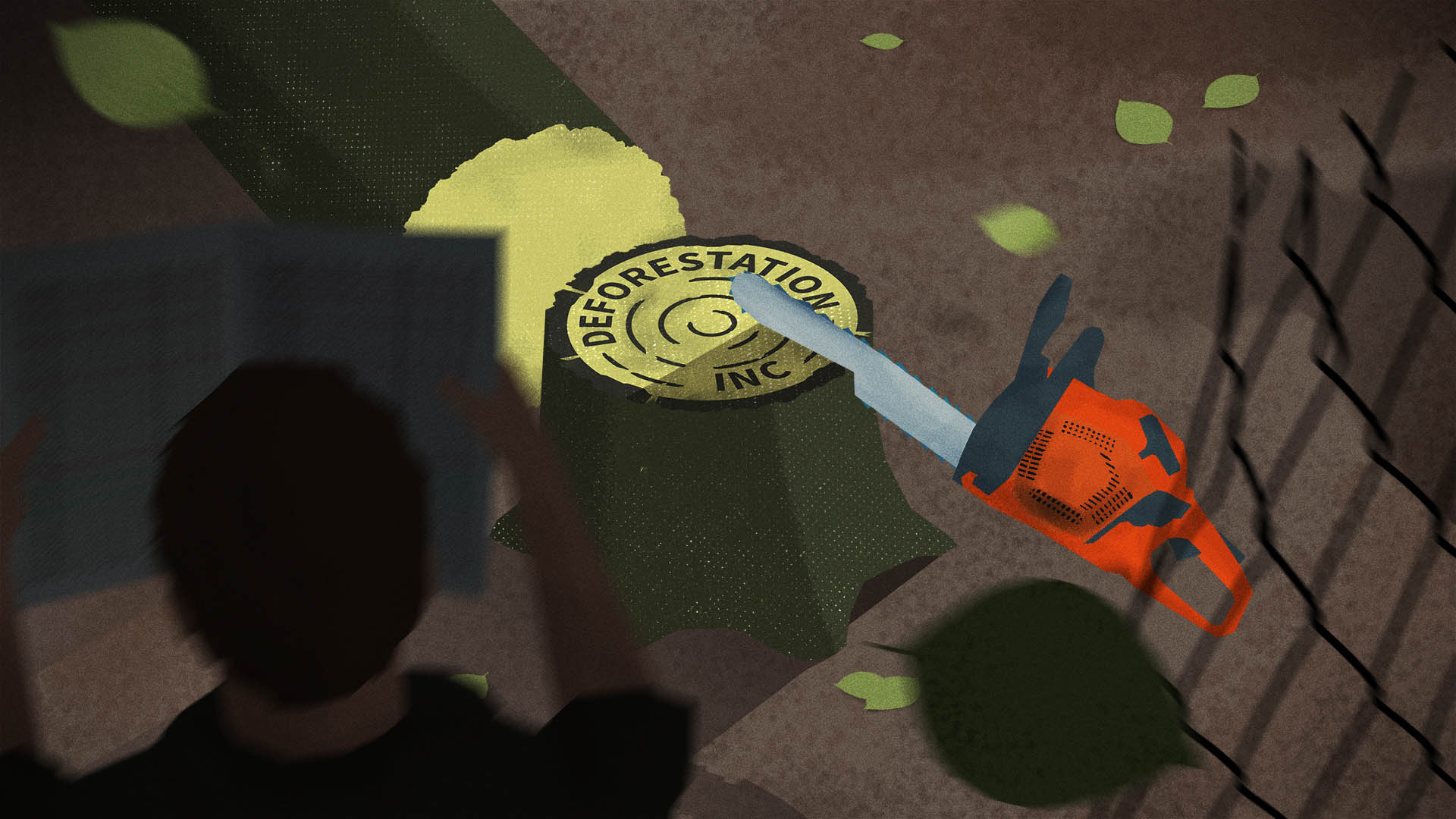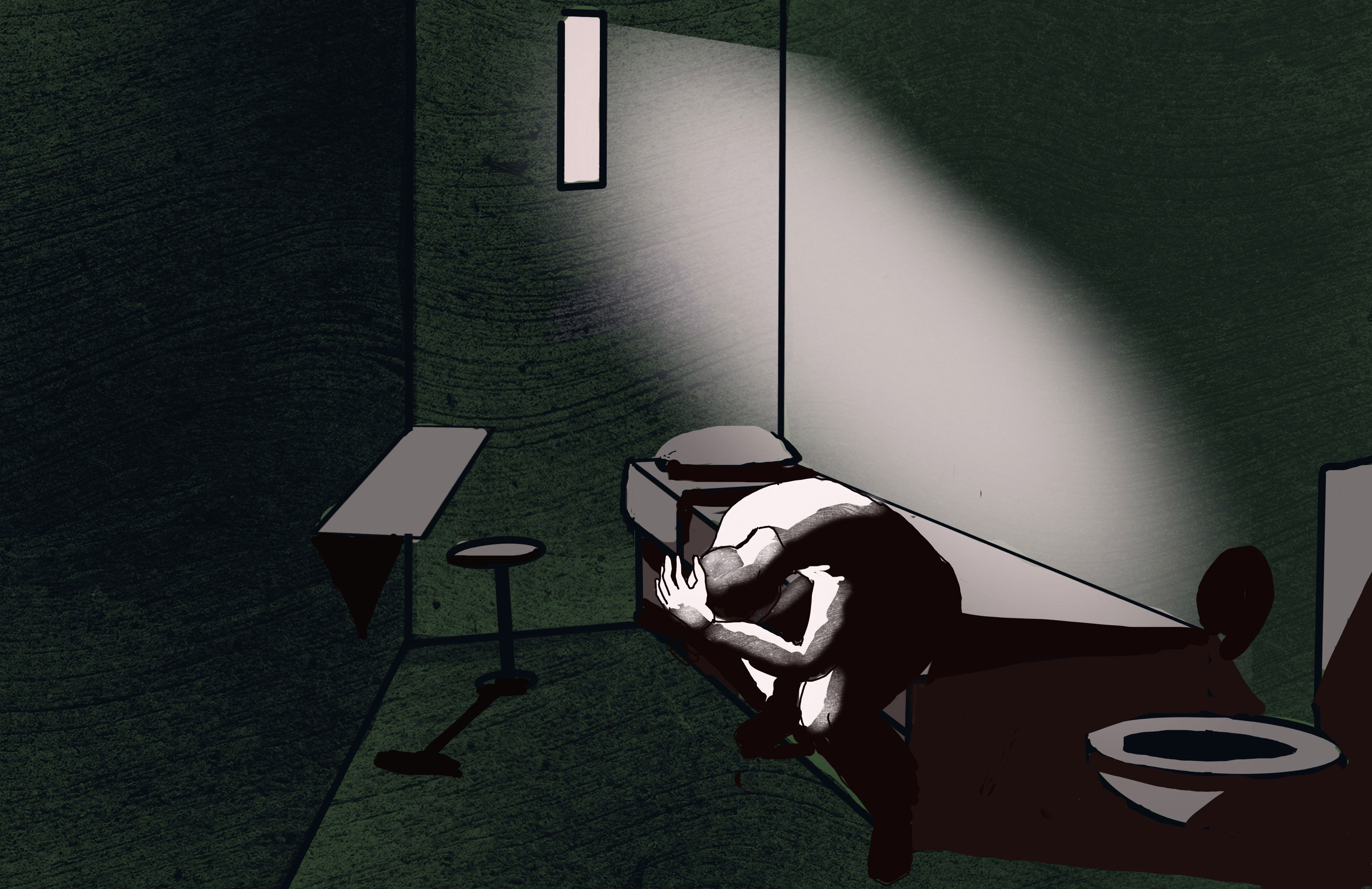
In the first 15 months of the Trump administration, U.S. immigration authorities locked thousands of detainees in solitary confinement cells, some for months at a time, accelerating a practice that the United Nations has warned can amount to torture, according to a new report from the Washington D.C.-based Project on Government Oversight (POGO).
POGO’s report is based on an analysis of more than 6,000 solitary confinement incident reports covering a span of slightly more than two years that were filed to the U.S. Immigration and Customs Enforcement agency by detention centers around the country. In roughly 40% of the cases, the detainee placed in isolation had a mental illness diagnosis.
“Under President Trump, ICE is confining far more detainees in solitary – of whom a strikingly high proportion have mental illness – than at the end of the Obama administration,” said Nick Schwellenbach, director of investigations at POGO, and an author of the report.
The report builds on Solitary Voices, an investigation by the International Consortium of Investigative Journalists, Grupo SIN, Plaza Pública, Mexicanos contra la Corrupción, NBC News, The Intercept and Univision into misuse and overuse of solitary confinement at ICE detention facilities around the U.S. The investigation found that ICE has isolated thousands of the most vulnerable immigrant detainees, including people with severe mental illness, LGBTQ people and the disabled, for extended periods of time.
ICIJ’s investigation, and the new report from POGO, come in the midst of unprecedented public scrutiny of the way U.S. authorities detain asylum seekers and other immigrants. President Donald Trump’s tough stance on immigration has caused the population of ICE detention centers to swell, with more immigrants waiting behind bars as their cases languish in heavily backlogged immigration courts.
Confinement for 22 hours a day or more in a small cell without meaningful social contact can spark and worsen anxiety, panic attacks, and other emotional or mental distress, and should be used sparingly or not at all, experts say.
The United Nations has said solitary confinement should be banned except in “very exceptional circumstances.” It should never be used to isolate the mentally ill or juveniles — and no one should be held for longer than 15 days, the U.N. says.
Civil detention centers are meant to hold immigrants for a short period of time, just long enough for their immigration status to be worked out. POGO identified at least nine cases in which detainees were held in isolation for more than a year.
In an emailed statement, ICE spokesperson Bryan Cox declined to comment on the POGO report but vigorously defended the agency’s practices, stating that its use of solitary confinement is far below the national norm in jails and prisons. “Any suggestion that the use of segregation in ICE custody is above the norm for detained populations would be a false claim,” Cox said. “ICE provides several levels of oversight in order to ensure that detainees in ICE custody reside in safe, secure and humane environments and under appropriate conditions of confinement.”
In POGO’s review, some detainees with mental illness were isolated for over a year. A woman with a mental health diagnosis at an ICE detention center in California, for instance, was released from solitary in December 2017 after 454 days. Another woman diagnosed with PTSD was released in August 2017 after 372 days in isolation. A man “diagnosed with psychotic disorder” was released in April 2018 after 413 days.
ICIJ’s reporting included an analysis of more than 8,400 solitary confinement incident reports from 2013 through early 2017. More than half of those stays lasted longer than 15 days. And nearly one third described a detainee diagnosed with a mental illness.
The POGO report’s review of data from 2016 through May of 2018 found more than 4,000 cases of ICE detainees being kept in isolation for more than 15 days — and, in a quarter of these instances, long-isolated detainees were listed as having mental illness.
The POGO report may add urgency to recent calls by a bipartisan group of lawmakers for ICE to answer questions about its solitary confinement practices.
In June, U.S. Senator Cory Booker (D-NJ) cited ICIJ’s findings in calling ICE’s use of solitary confinement “egregious and appalling abuses.” That same month, Senator Elizabeth Warren (D-MA) called the agency’s practices around isolation “cruel and unnecessary.” Late last month, Senators Chuck Grassley (R-IA) and Richard Blumenthal (D-CT) sent a letter to ICE citing ICIJ’s work and demanding answers from the agency on “recent allegations of the misuse of solitary confinement.”
The authors of the POGO report conclude that ICE is in urgent need of increased oversight.
“What is clear is [that the] use of solitary in ICE detention is on the rise,” the report states, “and more needs to be done to oversee how it is used and to stop its misuse and overuse.”
